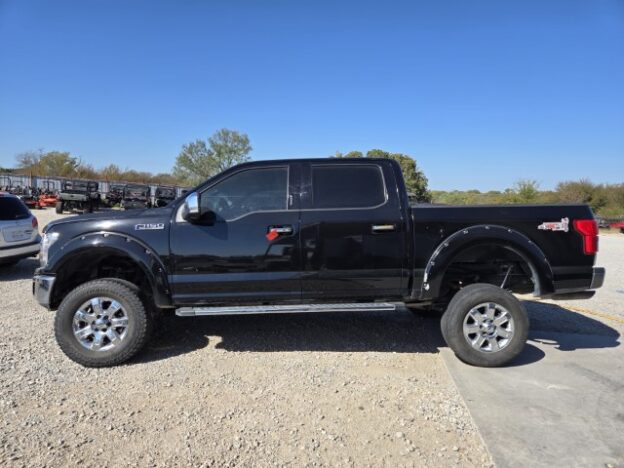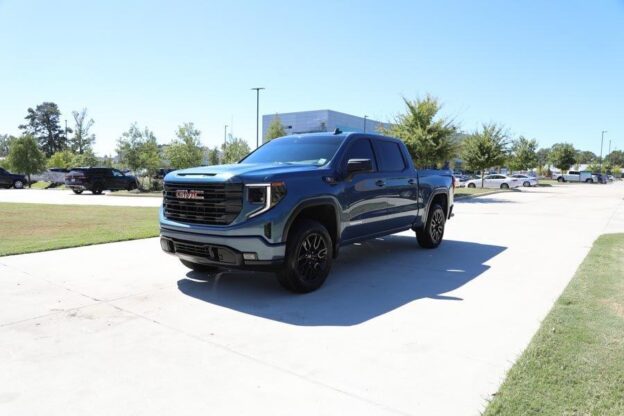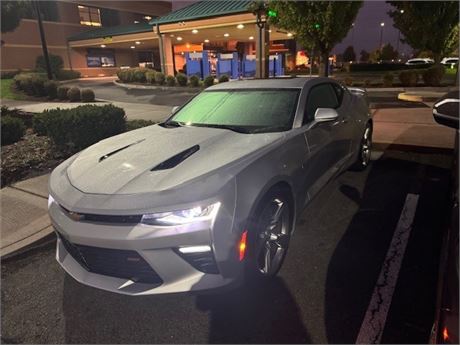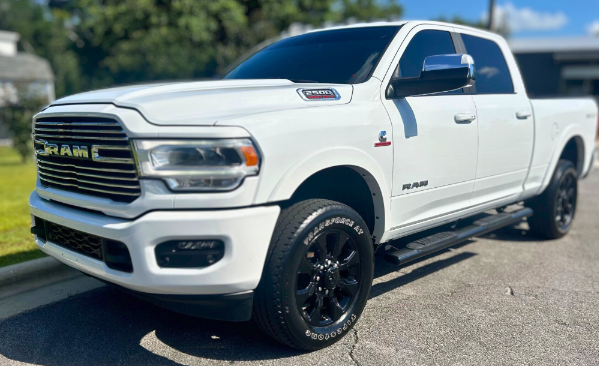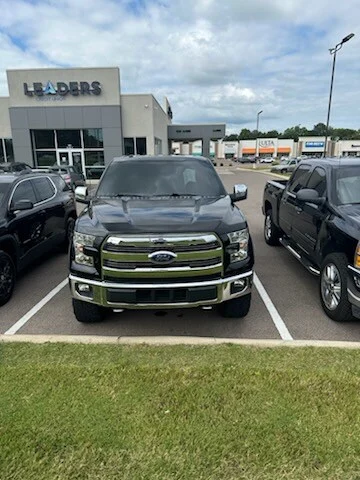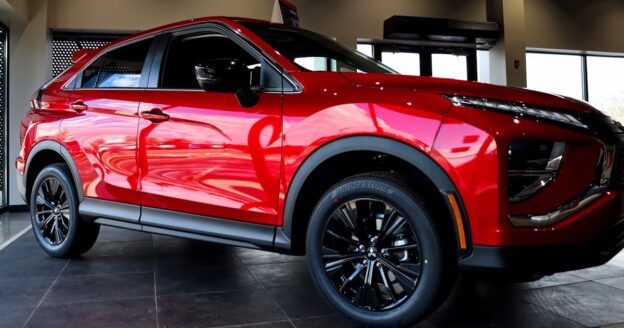If you’re looking for a great deal on cars, trucks, boats, or even real estate, then learning where to find Georgia’s Own Credit Union repos can save you thousands. This guide will walk you through the process of buying repossessed vehicles and property, explain why it’s such a smart move, and provide useful tips on where to find these deals, especially if you’re located in Georgia.
Georgia’s Own Credit Union, also known as GOCU, has a long history of helping members with affordable financial solutions. In addition to their various services, they offer repossessed vehicles and properties at great prices. Let’s dive into how you can benefit from this hidden gem!
What is Georgia’s Own Credit Union?
Georgia’s Own Credit Union has been serving its members since 1934. Originally founded to support employees of Atlanta-based companies, GOCU has grown to serve the entire state of Georgia. As a member-owned financial institution, GOCU focuses on offering better rates, lower fees, and more personalized services compared to traditional banks.
Georgia’s Own Credit Union also offers members access to repossessed vehicles and property. These include cars, trucks, motorcycles, RVs, ATVs, and sometimes even real estate. By selling these repossessions directly, GOCU eliminates commission fees, offering buyers significant savings.
If you’re curious about the kinds of repossessed vehicles Georgia’s Own Credit Union has for sale, check out their CarFinder page here.
Why Buying a Repossessed Vehicle Can Save You Money
When someone can’t make payments on their car loan or mortgage, the credit union may repossess that vehicle or property. Instead of keeping it, Georgia’s Own Credit Union sells these repossessed assets at a discount to recover their loan. Since the credit union wants to sell these items quickly, they are usually priced lower than similar items on the market.
The Benefits of Buying Repossessed Cars or Property:
- No Dealer Markups: Since you’re buying directly from the credit union, there’s no middleman taking a commission. This can save you thousands of dollars.
- Lower Prices: Repossessed vehicles are often sold below their market value. This is because banks and credit unions, like GOCU, are more interested in recouping their loan losses quickly.
- Diverse Selection: You can find a variety of repos, including cars, trucks, motorcycles, RVs, boats, and sometimes even real estate.
- Well-Maintained Vehicles: Many repossessed cars are still in great condition. Some were simply repossessed due to missed payments rather than neglect.
Buying a repossessed car or property can be a smart move, especially if you’re looking to save money without compromising on quality.
Where to Find Georgia’s Own Credit Union Repos
So, you’re ready to find Georgia’s Own Credit Union repossessed vehicles? Here’s how to get started.
1. Visit GOCU’s CarFinder Page
One of the best places to start is Georgia’s Own Credit Union’s own CarFinder page. Here, you can browse a list of available vehicles that the credit union currently has for sale. This page is updated regularly with new listings, so it’s worth checking often.
2. Explore RepoFinder.com
If you’re looking for repossessed vehicles from various banks and credit unions, RepoFinder.com is an excellent resource. It lists repossessed items from financial institutions all over the country. You can filter by state and type of vehicle to find exactly what you’re looking for. This is a great place to start if you want to compare listings from multiple sources, including Georgia’s Own Credit Union.
3. Contact GOCU Directly
If you don’t see the vehicle you’re looking for on their website, it’s worth giving GOCU a call. Sometimes, they have repossessed items that haven’t yet been listed online. By reaching out directly, you may get the inside scoop on new listings before others do.
How Do GOCU Repos Work?
Understanding how the repossession process works can help you navigate these deals more effectively.
Why Banks Repossess Vehicles
When a borrower stops making payments on their car loan, the credit union has the right to repossess the vehicle. This allows them to take back ownership of the asset and sell it to recover their losses. While this may seem unfortunate for the previous owner, it creates opportunities for savvy buyers like you.
How Banks Sell Repossessed Vehicles
Once a car, truck, or property is repossessed, banks and credit unions like GOCU want to sell it quickly. They list these items on their website or through platforms like RepoFinder. Often, these vehicles are sold “as-is,” which means the credit union does not make any repairs before selling. However, because they are eager to recoup their losses, the vehicles are usually priced well below market value.
Tips for Buying Georgia’s Own Credit Union Repos
Purchasing a repossessed vehicle can be a smart move, but it’s important to do your research. Here are some tips:
- Check the Vehicle’s Condition: Repossessed vehicles are typically sold as-is, so you should always inspect them thoroughly. Consider getting a mechanic to check it out before purchasing.
- Review the Vehicle History: Look up the VIN number to check for any accidents or previous issues.
- Secure Financing Ahead of Time: Credit unions, including Georgia’s Own, often offer financing for their own repos. However, it’s wise to get pre-approved before you start shopping.
- Be Ready to Act Fast: Repossessed vehicles often sell quickly because of their low prices. If you find a good deal, be prepared to move fast.
Conclusion
Buying a repossessed vehicle or property can be an excellent way to save money, especially if you’re purchasing directly from a trusted institution like Georgia’s Own Credit Union. Not only can you avoid dealer markups, but you also benefit from significantly reduced prices. If you’re looking to buy a repossessed car, truck, or even an RV, start by checking GOCU’s CarFinder page and resources like RepoFinder.com.
By knowing where to find Georgia’s Own Credit Union repos and following these tips, you can get a great deal on your next purchase. Good luck with your search!


